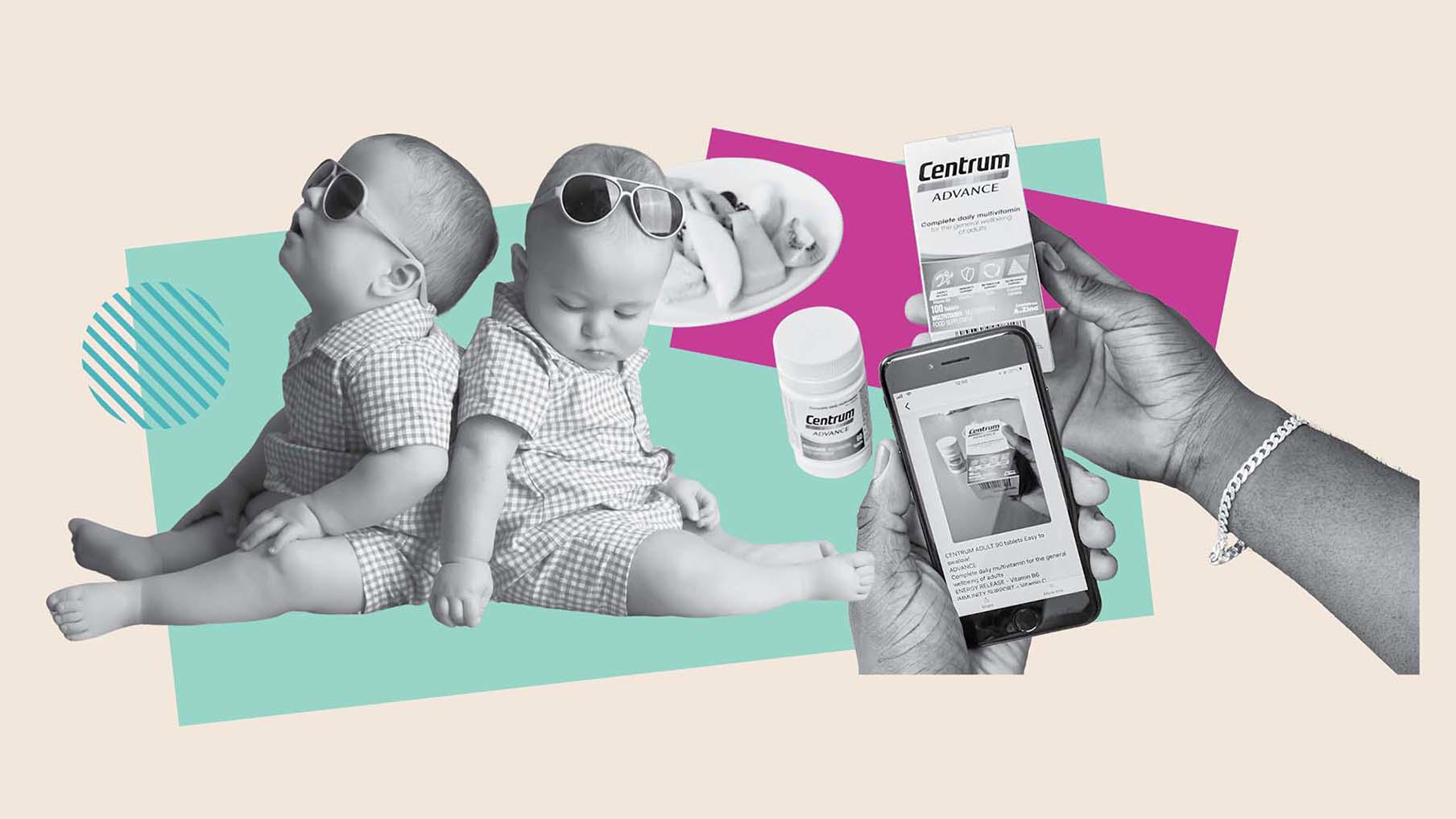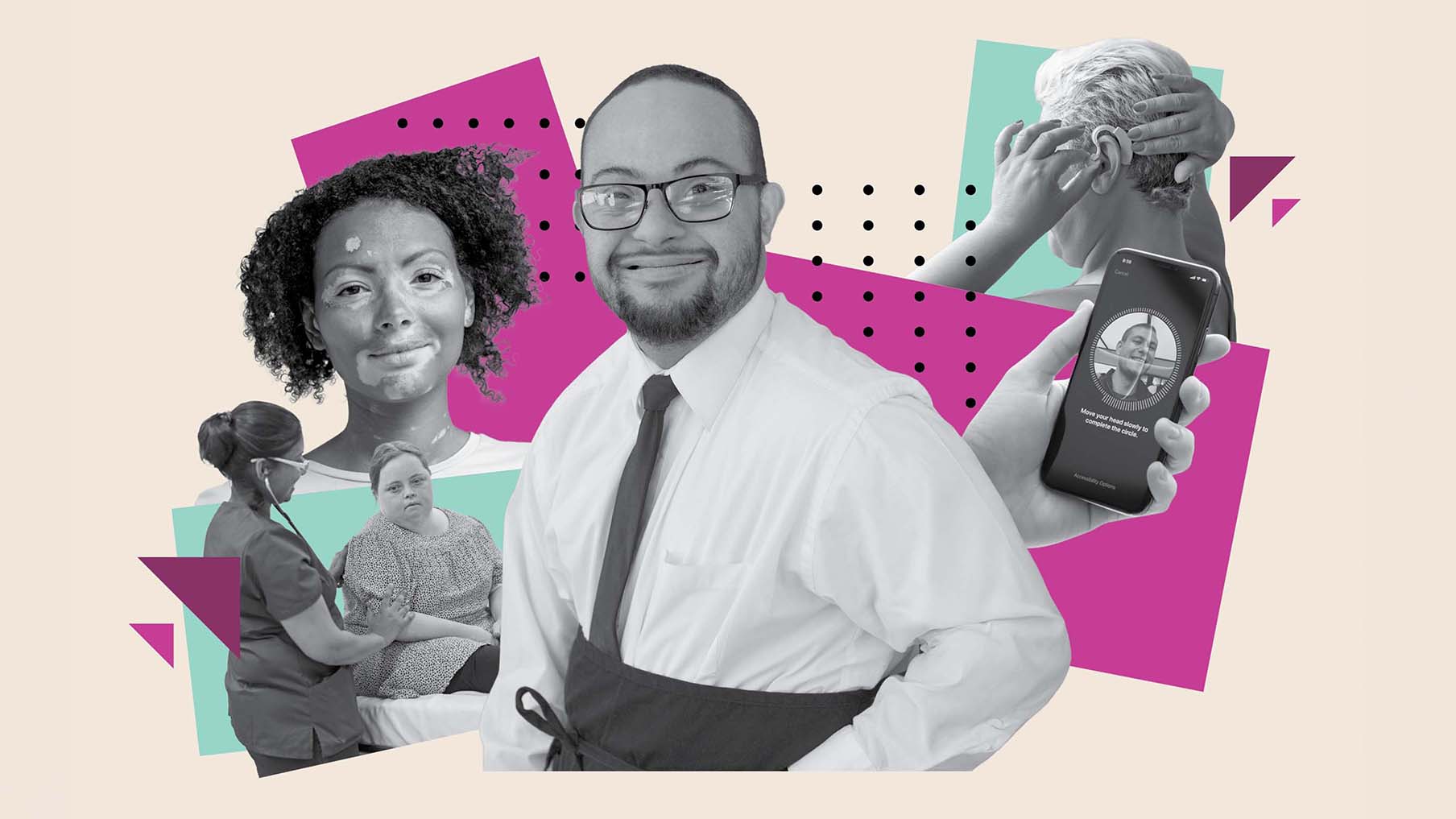2025 is the year of Generation Beta. Children born from now until 2039 will be part of a cohort for whom advances in Artificial Intelligence (AI) will shape their lives on a scale to how the internet has shaped Gen Z.
Al is not new, but it has advanced a lot in recent years and now plays a big part in our everyday lives. Think about how many times you use features like personalised recommendations on streaming services; or virtual assistants like Siri and Alexa; or facial recognition technology on your phone or tablet. Even the algorithms that curate your social media feeds use AI.
For people with disabilities, it is powering tools that help in everyday life. For example, Microsoft's Seeing AI supports people with a visual impairment by using an AI to identify and describe scenes, objects, documents and faces. UK schools are looking at how Chat GPT can work to support children with SEND; and parts of the NHS are using AI to improve the health and wellbeing of people with a learning disability.
Removing barriers
While it’s true that we can’t fully understand the impact that AI will have in the future, there is no denying that it will be revolutionary. Robin Christopher, from Abilitynet, says: “People are talking about how it will be the end of work as we know it, or shifting people towards a much more kind of high level thing, where they just need to know how to wield a good prompt when it comes to getting the AI to do what they need.
“When AI becomes your agent, and it can do things for you, it has lots of potential and will help overcome issues around inaccessibility. So, for me, as a blind person, a lot of websites are problematic. But if AI could do all the clicking for me, and help me to log into things, that's a big deal. There are loads of areas where AI is going to be massively impactful,“ says Robin.
Abilitynet is a charity that provides specialist services and support to create a digital world accessible to all.
When it comes to employment equity, AI could play a role in reducing bias and discrimination. Approximately, 24 per cent of the working age population of the UK (over ten million people), have a disability, but there is still a big gap in employment rates; with 53 per cent of people with a disability in employment, compared to 82 per cent for people without a disability. It's thought that discrimination, lack of awareness and skills gaps are key factors. But employers are now using AI for candidate assessments and to predict which candidates are most likely to succeed. Could this spell the end of discrimination or increase bias?
AI systems are trained on data, and if that data reflects existing biases, the AI will perpetuate and even amplify them. For example, an AI trained on data from a company with a history of under-representing people with disabilities may learn to do the same. Robin says, as with all new developments, it’s important that people with disabilities are involved from the outset: “If AI is leveraged by disabled individuals, then they get all the massive wins that everybody else gets,” he says.
Robin believes that AI can “level the playing field” by enabling workers with a disability to do tasks and develop skills. If utilised correctly, AI can reduce the risk of human bias; improve accessibility with assistive technologies and facilitate reasonable accommodations.
On the other hand, there is still a lot to be concerned with regards to how AI is being used and how it can reinforce discrimination and bias. Concerns have also been raised about facial recognition technologies, which use algorithms that are trained on datasets predominantly featuring “typical” faces, often failing to account for many facial differences.

Diverse workforces
While some large firms are questioning their diversity policies, Microsoft is putting DEI at the centre of its use of AI. Its staff work to a Responsible AI Standard to ensure that teams developing AI represent a broad range of experience, and work at a leadership level to understand issues of privilege, power and bias in decision-making. Having a diverse team of developers and designers, particularly people with disabilities, is important because it helps ensure that those perspectives are built in at the beginning, says Lindsay-Rae McIntyre, Microsoft's chief diversity officer.
AI will continue to advance, and it's hoped that it will meet the needs of a diverse range of people. While AI alone cannot eliminate bias against people with disabilities, when developed and operated responsibly, AI can be a powerful tool for promoting inclusion and creating more equitable workplaces. It requires an approach that combines technology with human intervention, ethical considerations and a commitment to creating a truly inclusive work environment.
websites and organisations that offer support in understanding AI
- The Alan Turing Institute
- The Ada Lovelace Institute
- Disability Ethical AI
- The European Disability Forum
Photos: Tetra Images, LLC/Alamy Stock Photo; Bymuratdeniz, Elijah Nouvelage/AFP, Jill Lehmann/Getty Images; Mencap; Dean Drobot/Shutterstock; Eddie MacDdonald/Haleon





